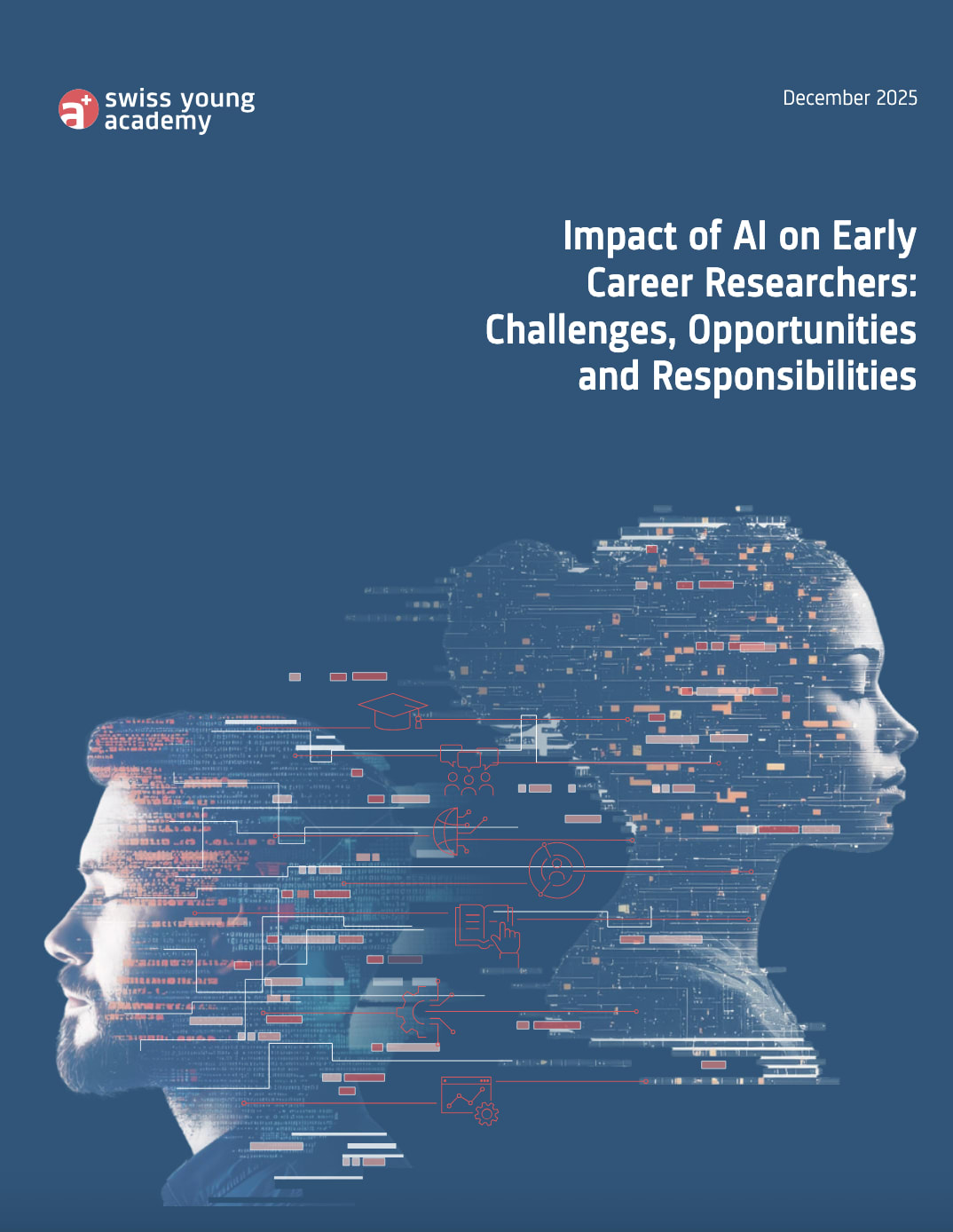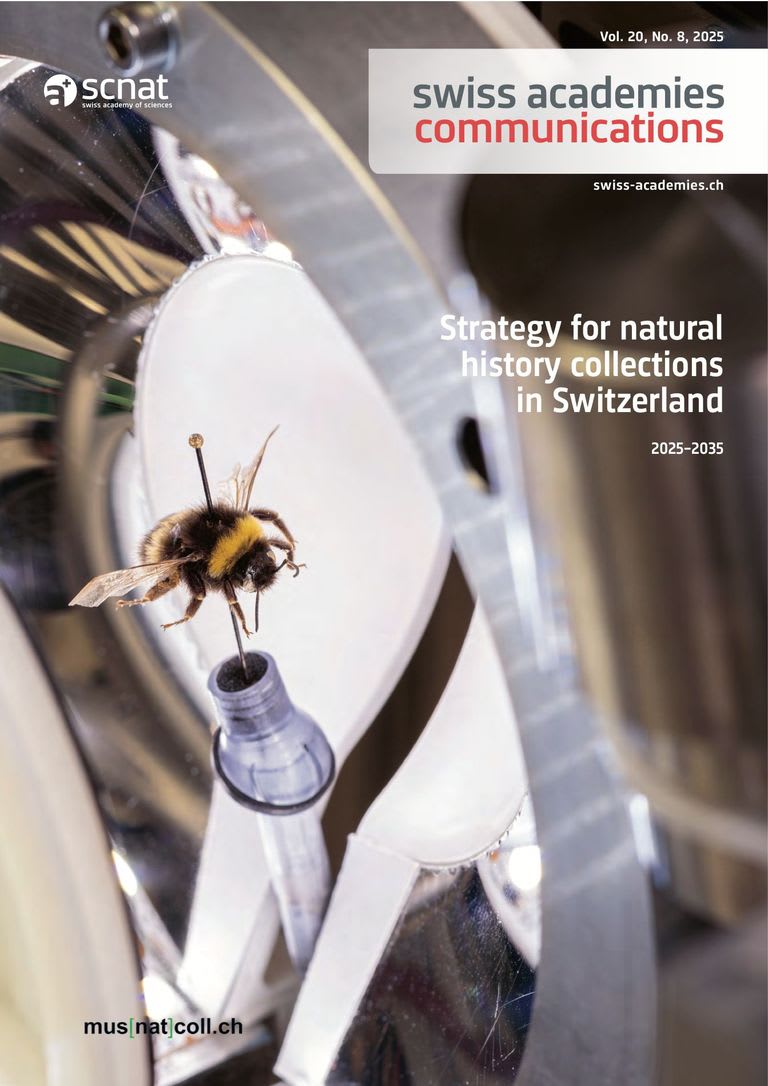Swiss Academy of Sciences SCNAT
Handbook on natural history collections management – A collaborative Swiss perspective
Swiss natural history museums, botanical gardens, universities and other institutions for higher education collectively maintain collections with over 60 million specimens of animals, fungi, plants, rocks and fossils. To speed up, harmonise and better coordinate their digitisation, the SwissCollNet initiative was established by the Swiss Academy of Sciences and the Swiss collection-holding institutions.
This handbook is one of SwissCollNet’s first achievment to advance the exchange of knowledge on object and data management among Swiss collections. It contains instructions to modernise natural history collections of preserved biological materials and geological samples developed by experts and collections managers from across Swiss collection-holding institutions.
Frick H, Greeff M (2021) Handbook on natural history collections management – A collaborative Swiss perspective. Swiss Academies Communications 16 (2).




